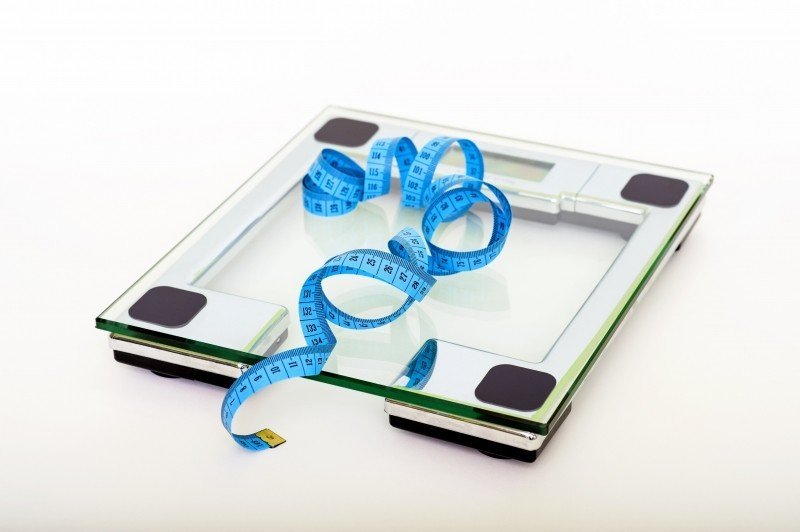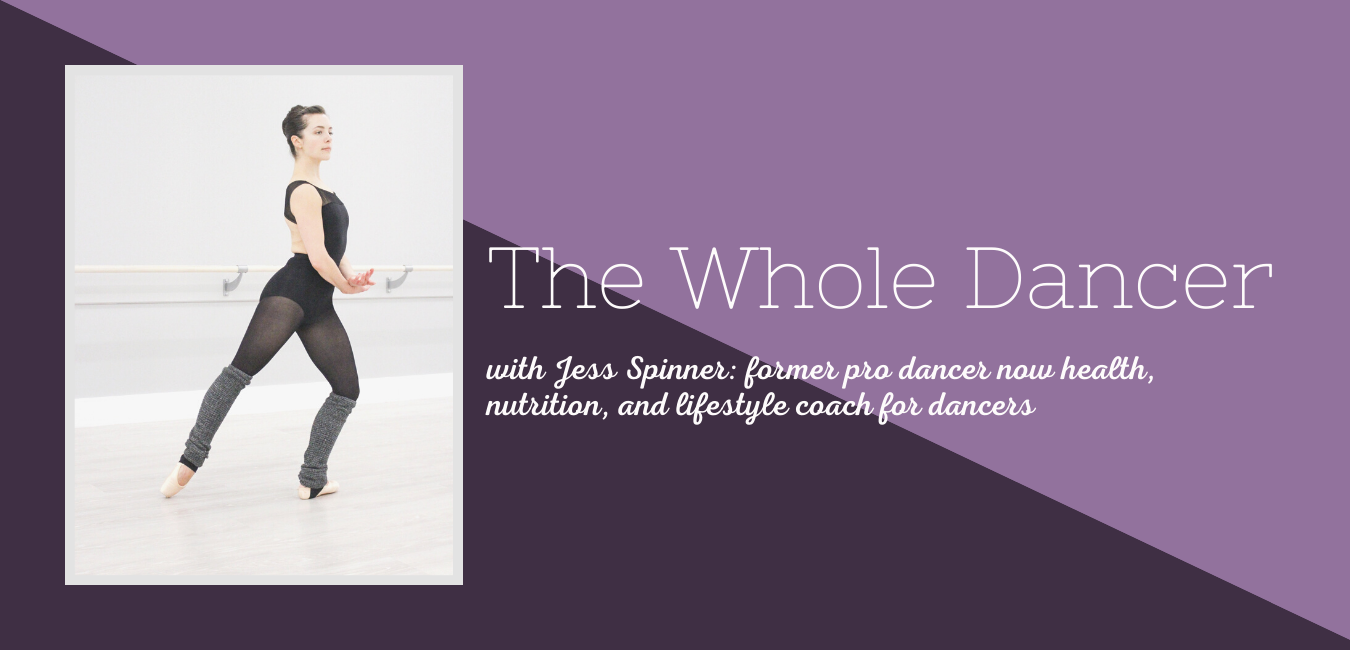Don’t let an inanimate object like a scale tear you down…
1. It’s not accurate
If you step on the scale at your doctor’s office, then the one in your bathroom at home, and finally the one at your gym they’ll all give you different numbers. It’s possible they’ll be in the same ball park but it’s also possible you’ll see major variations like 10 lbs or more.
Here’s the good news – in all likelihood none of them are particularly accurate. Which is a good starting point to encourage you to stop measuring yourself in that way.
2. Your weight fluctuates healthfully from day to day
If you drink enough water one day and not enough another, that impacts the scale. When you don’t poop one day, you’ll see a higher number on the scale the next day. If you’re pre-menstrual you’ll retain water and the scale will show a higher number. If you eat a big dinner one night closer to bed time that could show up on the scale the next day.
In all those instances, it’s not actual weight gained that’s showing up. It’s shifts in body weight depending on normal things that come up in life.
When you step on the scale every day (or even a few times a week) you’re setting yourself up for disappointment because much of the time it’s not showing actual weight lost or gained.
3. It’s bad for your mental health
Unless you can step on the scale and have no reaction – emotional or otherwise to what it says, I’d suggest avoiding it altogether. It’s easy to get into the habit of stepping on the scale every morning and allowing what you see to determine whether it’s a good day or a bad day.
The habit of stepping on the scale daily easily snowballs into stepping on the scale throughout the day – I’ve been there. That’s a recipe for disappointment. Just as your weight fluctuates from day to day, it fluctuates big time throughout the day.
If you eat a big meal and drink a lot of water, the number goes up. After a bowel movement, it goes down. These shifts are perfectly natural and needed. You have to eat, therefore the number has to change.
The changes don’t reflect weight gained in actual body fat.

4. You’re basing your worth on a number
If the number on the scale makes you feel “good” or “bad”, it’s not supportive. If you’re using the scale to determine if your worthy (of love, a role, or anything really) it’s not helping anything.
You are worthy of love, joy and all the beauties of life regardless of what you weigh. Dancing can and should be enjoyed at every size. Even if you’re pursuing dance professionally – you have the right to that pursuit regardless of body shape and size.
5. Weight looks different on every body
This one is big evidence for why weight should not be listed on dance resumes. You and your friend might be the exact same height at very different weights and look very similar in terms of body. Or you might be the exact same weight AND height AND look completely different in terms of body.
Rarely do 2 bodies carry weight the same way. That’s also why I’ll never suggest an exact weight that I think a dancer should reach to look “her best”. No one can or should tell you that. Even to say, “maybe lose x number of pounds” could be unattainable, damaging or not even close to the “best” weight for you.
6. It doesn’t take body composition into account
The scale doesn’t tell you if you’re body is composed primarily of fat or muscle. While a pound of muscle and a pound of fat both weigh a pound – muscle is more dense than fat. Therefore, pounds of muscle take up less space in your body. When you’re at your strongest and leanest, you may actually weigh more.
Even scales that claim to measure body composition are unlikely to be 100% accurate.
7. The goals around your body shouldn’t be about weight
A number on the scale doesn’t tell you anything about how well you’re dancing. It doesn’t tell you if you’re improving technically or getting stronger. The scale can’t measure your energy level or the health of your body.
Conclusion…
Scales are flawed. They don’t provide an accurate assessment of where you are physically and they can be extremely damaging mentally. Do the work to find a positive mindset around your body and food.
If you feel good, you’re not getting injured and you’re improving technically – let those factors be how you assess how you’re doing.
You are so much more than a number.

Pingback:Ideal Height Weight Chart for Dancers - The Whole Dancer
Pingback:You Don't Have to Fear Weight Gain - The Whole Dancer
Pingback:Can Dancers Safely Set Weight Loss Goals? - The Whole Dancer